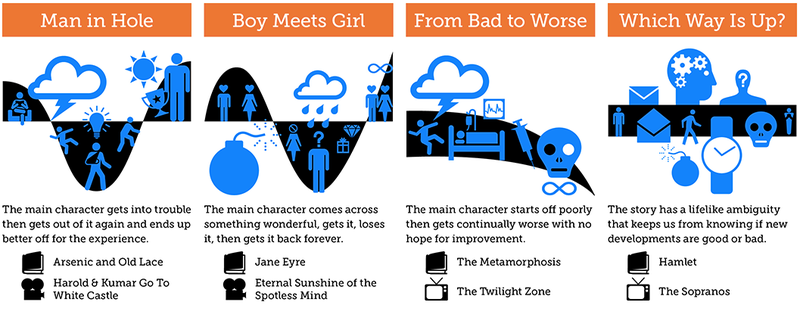The recent inactivity on this blog was mainly due to my inability to log on to wordpress from my phone and write a post. I had gone home to Bangalore for an extended weekend (taking Friday and Monday off) and the only source of net access there was my phone, and for some reason I wasn’t able to log on to NED from that. During the trip I had several brilliant insights and brilliant ideas and wanted to blog them and finally such NED happened that I didn’t even twitter them. Deathmax.
The main reason I went to Bangalore was to attend Pradeep (Paddy)’s reception. I think this is an appropriate time to share the funda of his nickname with the world. Before he joined our school in 9th standard, there was this guy two years senior called Pradeep, and for some reason not known to me he was nicknamed Paddy. I vaguely knew him since I used to play basketball with him, and after he graduated there were no more Paddys in school. So when this new guy came from the Gelf, it presented a good opportunity to get back a Paddy into school. It turned out to be such a sticky nickname that not even IIT could change it.
Friday was Ugadi – yet another reason to be home in Bangalore – and was mostly spent visiting relatives. When they heard about my impending market entry, all of them brought up stories of not-so-successful marriages of people they knew well, and put fundaes to me about avoiding certain pitfalls. These fundaes were liberally peppered with stories. Mostly sad ones. Mostly of people who have chosen to continue in their marriages despite them clearly failing. It is amazing about the kind of stuff people I know have gone through, and yet they choose to not run away.
Saturday morning was rexerved for my first ever “market visit”. I was taken to this bureau in Malleswaram and asked to inspect profiles. “There are profiles of hundreds of girls there”, my uncle had told me “so let us go there before ten o’clock so that you have enough time”. The profiles were mostly homogeneous. The number of engineering seats available in Karnataka amazes me. Every single profile I checked out over there had studied a BE, and was working in some IT company. Things were so homogeneous that (I hate to admit this) the only differentiator was looks. Unfortunately I ended up shortlisting none of them.
One of the guys I met during my Bangalore trip is a sales guy who lives in a small temple town without any access to good cinema. So he forced me to accompany him to watch Slumdog (in PVR Gold Class – such an irony) and Dev D. I agree that Slumdog shows India in poor light, but filter that out and it’s a really nice movie. We need to keep in mind that it was a story and not a documentary, and even if it were the latter, I think documentaries are allowed to have narratives and need not be objective. Dev D was simply mindblowing, apart from the end which is a little bit messed up. Somehow I thought that Kashyap wanted to do a little dedic to his unreleased Paanch.
There is this meet-up at Benjarong which is likely to contribute enough material to last six arranged scissors posts. I’ll probably elaborate about the discussions in forthcoming posts but I must mention here that several arranged marriage frameworks were discussed during the dinner. The discussions and frameworks were enough to make both Monkee and I, who are in the market process, and Kodhi who will enter the market shortly to completely give up in life.
One takeaway from Paddy’s reception is that if you can help it, try not to have a “split wedding” (and try not to have a split webbing also) – where different events are held at diferent venues, on disjoint dates. In that case you won’t have people lingering around, and you will lose out on the opportunity to interact with people. Note that there is zero scope for interation during the ceremonies, and the only time you get to talk to people is before, and after, and during. And it is important that there is enough before or after or during time to allow these interactions. In split weddings guests are likely to arrive and leave in the middle of an event and so you’ll hardly get to talk to them.
One policy decision I took was to not have breakfast at home during the length of my stay. I broke this on my last day there since I wouldn’t be having any other meal at home that day, but before that visited Adigas (ashoka pillar), SN (JP nagar) and UD (3rd block). The middle one was fantastic, the first reasonably good except for bad chutney and the last not good at all. Going back from Gurgaon it was amazing that I could have a full breakfast (2 idlis-vada-masala dosa-coffee) for less than 50 bucks. Delhi sorely lacks those kind of “middle class” places – you either eat on the roadside or in fine dining here.
Regular service on this blog should resume soon. My mom has stayed back in Bangalore for the summer so I’m alone here and so have additoinal responsibilities such as cooking and cleaning. However, I think I should be having more time so might be writing more. I can’t promise anything since blog posts are generated by spur-of-the-moment thoughts and I never know when they occur. Speaking of which I should mention that I put elaborate fundaes on studs and fighters theory in my self-appraisal review form last week.
